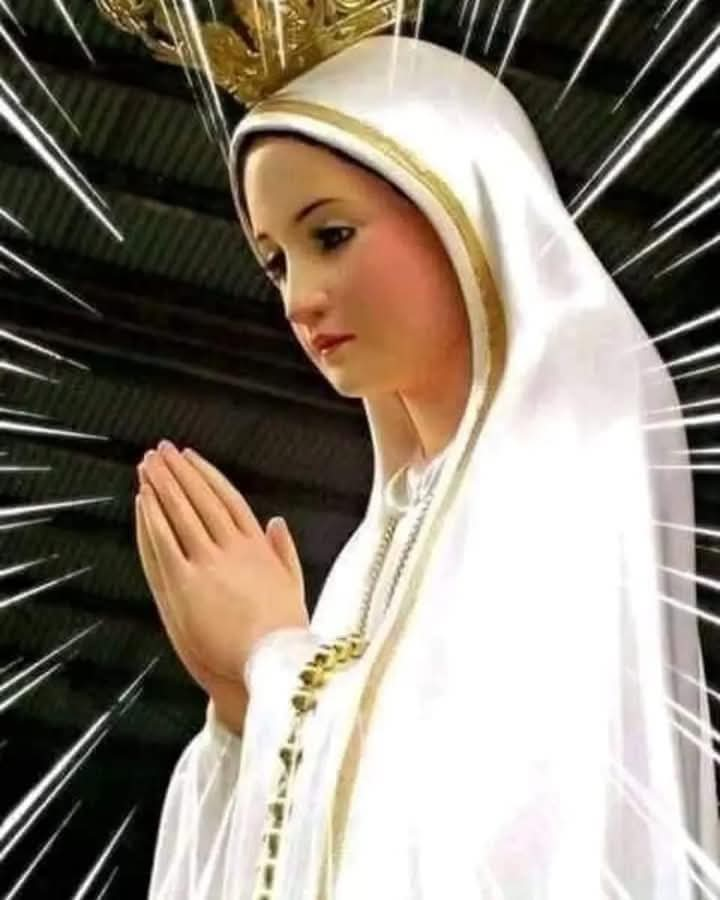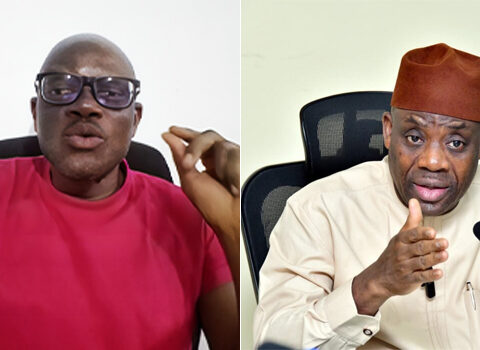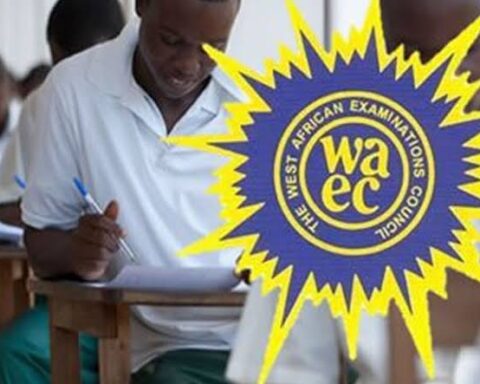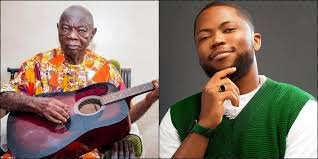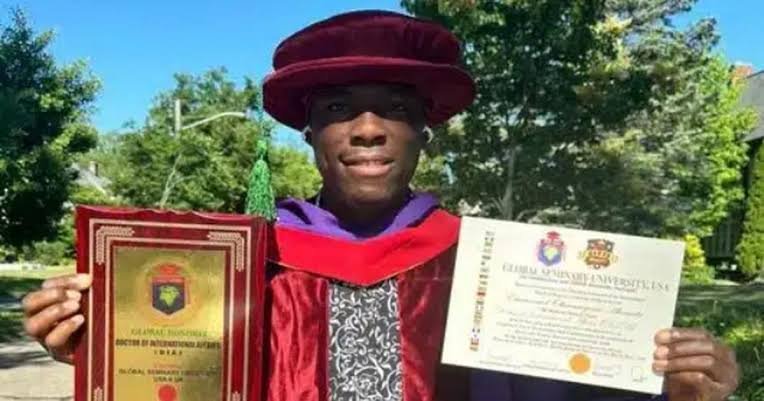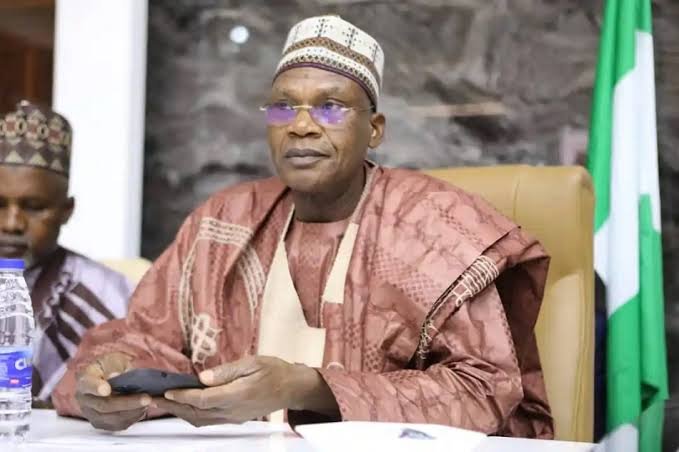- By
Emmanuel Gandu
INTRODUCTION
This presentation is an attempt to highlight and interrogate the role and use of religious denominational worship in the promotion of understanding and appreciation of the perceptions and viewpoints held by Christians of the Catholics and Orthodox on one hand, and the Protestants, Pentecostals and Evangelicals on the other, in order to achieve some level of fair knowlede of the different teachings/doctrines, with the view of convergence in the face of the obvious divergence in Christendom.
The discourse is a two part series that promises to be as incisive, indept, and as provocative. It is laced with an embroidery of unbiased facts and references.
EXCERPTS
✓ Protestants accuse Catholics of going to Jesus through Mary. According to them, every Christian should obey the tenets of Scripture by going directly to Jesus and not through an intermediary.
In response, Catholics say they go directly to Jesus, and also go to Jesus through Mary.
The Catholics wonder why Protestants, Pentecostals and Evangelicals have a problem with that.
Explaining further, Catholics say they don’t negate going to God directly, pointing out that what the Protestant denominations don’t realize is that God didn’t come directly to man. He chose to come to man through Mary.
✓ Interestingly, both Protestants and Catholics have achieved unanimity on the fact that before announcing God’s message and choice of Mary to be the mother of Jesus, the Angel Gabriel greeted Mary honourably and respectfully – “Hail Mary, peace be with you, the Lord is with you and has greatly blessed you.” – Luke 1 : 26 – 28
✓ Martin Luther, the reformist and leader of Protestantism loved Mary and had asked her to pray for him. He wrote the following lovely words in his commentary on the Magnificat which is Mary’s song of joy in Luke 1: 46 – 55. “Mary the tender mother of God, get me the spirit of wisdom so that I may clearly explain this song of yours. May Christ grant me this through the intercession of his dear Mother Mary.”
✓ Protestants arguments and critique of the Catholic Church often hinges on Scripture’s sufficiency. They are right to hold on to their opinion. However, Catholics presents their own counter arguments by supporting the fact that history and Scripture itself reveal the necessity of Tradition and a living authority (Magisterium) to interpret God’s word faithfully and definitively.
✓ Catholics argue that without a definitive voice to interpret Scripture, religion risks becoming a matter of personal opinion, moral relativism, diluting of the clarity of God’s commandments, and the risk of undermining the credibility of Christianity as a unified truth.
Paul warned against such divisions urging the church to be “of the same mind and the same judgement.” – 1 Corinth 1 : 10
✓ William J. Abraham, a theologian (not a Catholic) lamenting the schism and divergence in Christendom caused by the perceptions held by Christian denominations on the role of Mary in salvation had this to say – “I wonder whether God laughed or cried at our denominational enclaves that seem to divide and exclude rather than unify and include believers as members in the one body of Christ, the Church Universal.”
MAN AND RELIGION
Religion is as old as the history of man. Civilization, scholars, archaeologists, and anthropologists have discovered that there has never existed any people, anywhere, at anytime who were not in some sense religious.
During all these years of man’s history of existence on earth, the search for God has led to enormous diversity of religious expression and pathways world wide. From Judaism, Christianity, Islam, to Hinduism. And to the Oriental philosophies of Buddhism, Shintoism, Taoism and Confucianism. In other vast regions of the world, mankind has turned to Animism, Magic, Spiritism, and Shamanism.
All these quests for God has further pushed man to break away and diversify into denominations, sects, and cults – all in search of God.
In his book ‘Man’s Religion’, John B. Noss points out that “All religions suggest that man cannot stand alone without a religion because he is vitally related with, and dependent on powers in nature and society.”
According to another source, ‘World Religions – from Ancient History to the Present’, “Religion is an important feature that is longing for value in life that leads man to search for meaning, faith, and a power greater than the human and the super human mind.
If all these postulations are anything to go by, one wonders why religion has become a source of schism and divergence instead of a melting pot of convergence.
Interestingly, God created man in his own image and likeness in order to know Him, love Him, serve Him, and to love one another. God also gave man the freedom and choice of worship and association. It is in the exercise of these freedoms that man worships God through different ways and means. These ways and means have therefore translated into different religions, denominations, sects, viewpoints, and interpretations.
The question one may therefore pose to theologians, and religious adherents is the extent to which all these various religious doctrines have utilized religion to advance peace, love, and service to God and humanity, or aided hatred and division among the people.
Rather than bringing man together in his course of worshiping God, the leadership and folowership in their various religious and denominational enclaves seem to be tearing up each other apart.
Lamentably, these schism have caused a great deal of troubles, upheavals, division, crisis, wars, destruction, and deaths across the world.
These ambiance of religious intolerance no doubt negates God’s plans and philosophy of creation and choice.
Little wonder, the great German Sociologist and Economic theorist Karl Marx (1843) describe religion as the “Opium of the people.”
Unfortunately, the moral corruption peppetrated in the guise of religious and denominational worship by some adherents in the name of God leaves much to be desired.
Regrettably, they seem to have lost their moral rudder thus causing shipwreck on the turbulent waters and rocks of faithless, fanaticism, and blind followership. These have resulted in disagreement leading up to conflict of ideological, theological, liturgical, and doctrinal inconsistencies. Some of these conflicts have sometimes metamorphosed to religious violence and war.
Some examples of religious/denominational conflict includes :
(1) The 30 years war between Catholics and Protestants in Northern Ireland because of the British Protestant Settlers domination of the indigenous Irish Catholics. This war lasted from 1968 until peace was brokered during the ‘Good Friday Agreement” of 1998.
(2) The unending Arab – Israeli war which brought with it, righly or wrongly, a notoriety for a religious war that have continued to take millions of innocent lives to the graves including several leaders like then Egyptian President Anwar Sadat killed by his own people for signing a peace agreement with, as they say, “infidel” Israel at Camp David. You would remember that Anwar Sadat was a joint Nobel Peace Prize winner with then Israeli Prime Minister Menachem Beghin in 1978.
(3) The forceful imposition of Islamic rule in countries like Iran, as well as in Afghanistan by the Taliban Islamic sect which was encouraged by the infamous US 9/11 bomber mastermind Osama Bin Laden’s Al – Qaeda
(4) The Hijab dress code controversy plaguing the Nigerian Educational system, Judiciary, police, and many facets of the country’s female fashion is pitching Christians and Muslims against each other. What Christians might not have come to terms with is that Christianity embraced the use of Hijab long before Islam came to borrow its use, and Mary remains the model of the Hijab dress code.
(5) The Nigerian Boko Haram sect campaign for the imposition of Islamic rule and the entrenchment of only Islamic education in Nigeria has led to war, killing, untold suffering, loss of property and destruction of infrastructure.
(6) The 2019 introduction of the Muslim-Muslim ticket by then governor of Kaduna State Nasir El – Rufai in Kaduna State and its subsequent adoption at the federal level by the All Progressive Congress (APC) political party in Nigeria’s National political life.
However, there have always been decency, wake up calls, and dissenting views on the observable religious misleads.
They have been making efforts in guiding public opinion as regards the conduct of Christian religious denominations.
William J. Abraham, a theologian (not a Catholic) not comfortable with the schism, division, and divergence in Christendom as a result of the perception held by Christian denominations on the role of Mary in christian worsy had this to say – “I wonder whether God laughed or cried at our denominational enclaves that seem to divide and exclude rather than to unify and include believers as members in the one body of Christ, the Church Universal.”
Peace 🙏
